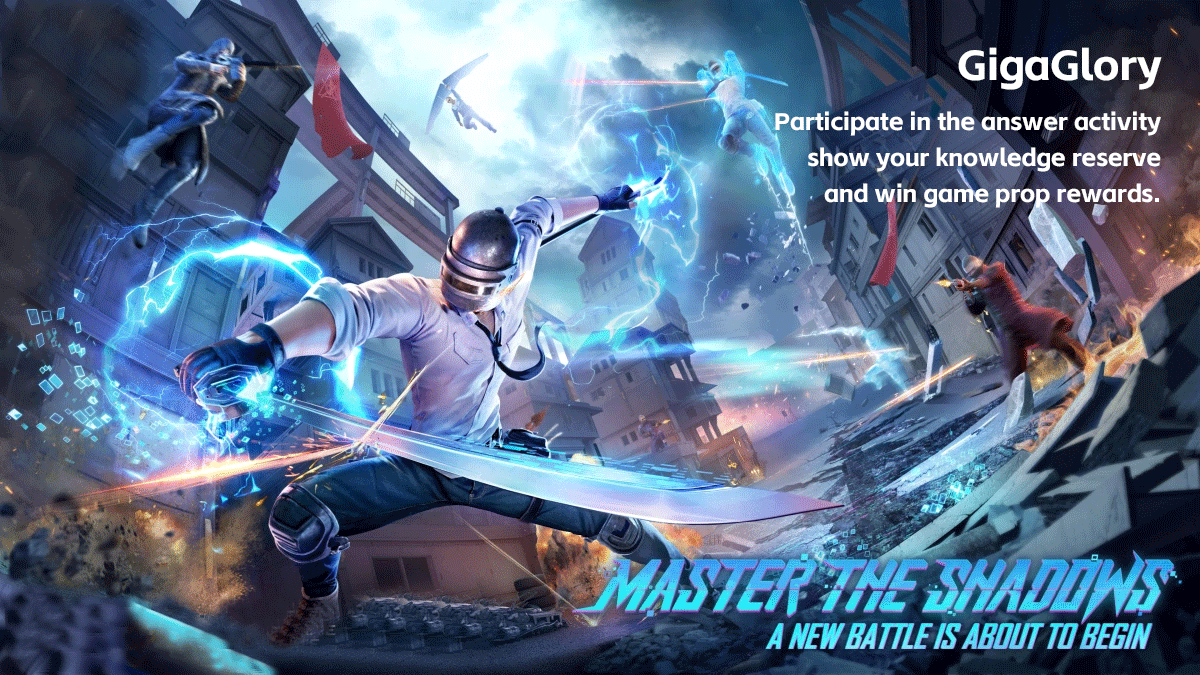From Strategy to Idle: How Gaming Dynamics Are Evolving in Today's Market
Understanding Strategy Games
Strategy games have long been a staple in the gaming community. These games demand critical thinking and tactical planning, challenging players to outsmart their opponents. Classic titles like Chess or Risk paved the way for more complex video games. As the genre evolved, developers introduced richer narratives and deeper mechanics. For instance, games like Civilization and Age of Empires have set high standards for strategy gameplay. With captivating visuals and intricate gameplay, they keep gamers engaged for hours.
The Rise of Idle Games
However, in recent years, a new genre has emerged: idle games. Also known as clicker games, these titles allow players to progress without constant interaction. The appeal lies in their simplicity and accessibility. Players can start a game and let it run in the background—ideal for those who may not have time for intense strategy sessions. Popular examples include Adventure Capitalist and Cookie Clicker, which have garnered massive followings.
Gaming Dynamics: A Shift in Player Preferences
The evolution from strategy to idle gaming highlights changing player preferences. As the pace of life accelerates, gamers have less time to dedicate to each session. Idle games fill that gap by offering a more relaxed alternative, allowing for gaming at one's own pace. This assessment not only reflects player convenience but also broader market trends. Many gamers now seek quick satisfaction over long-term commitment, and idle games satisfy that urge.
Core Differences Between Strategy and Idle Games
| Feature | Strategy Games | Idle Games |
|---|---|---|
| Gameplay Style | Active Participation | Passive Progression |
| Time Investment | Long-term Commitment | Short Sessions |
| Complexity | High | Low to Moderate |
| Target Audience | Hardcore Gamers | Casual Gamers |
Why Strategy Games Like *Football Manager* Experience Crashes
While discussing the evolution of gaming dynamics, we can't ignore the technical problems that gamers face today. Take for instance, the issues encountered in simulation games, such as *Football Manager*. Players often report crashes when entering match scenarios. These disruptions can severely impact user experience, particularly in strategy games where every decision counts. Developers are continually working to address these glitches, but the ongoing challenges highlight the complexities associated with maintaining game stability.
The Influence of Action Games: *Delta Force vs. Green Berets*
Additionally, examining the clash between traditional strategy games and more action-oriented titles offers valuable insights. For example, the Delta Force vs. Green Berets comparison showcases how militaristic themes have been area adapted in both genres. Strategy games often require meticulous planning and troop management, while action games focus on real-time combat and reflexes. This diversification leads to a more segmented audience, catering to various tastes within the gaming realm.
Future Trends: Merging Genres
The future of gaming could witness an intriguing blend of strategy and idle mechanics. Developers are increasingly experimenting with hybrid models where players can enjoy both in-depth strategic planning and passive progression. Think about combining features from *Civilization* with the simplicity of idle mechanics. This potentially offers a more holistic gaming experience without overwhelming the player. For instance, imagine setting strategies every few hours while the game maximizes progress in between!
Key Takeaways
- Player preferences are shifting: The rise of idle games reflects a need for flexibility and ease of access.
- Technical issues: Various strategy games face challenges, including gameplay crashes that impact user retention.
- Genres may merge: The evolution of gaming dynamics could lead to innovative combinations of strategy and idle mechanics in the future.
Conclusion
The gaming world is continuously evolving, oscillating between the complexities of strategic planning and the simplicity of idle gameplay. Understanding this shift is crucial for developers and players alike. As the market continues to grow and diversify, it will be fascinating to see how these genres influence one another and what new gaming innovations emerge. Whether one prefers the tension of a strategy game or the relaxed nature of idle titles, there has never been a more exciting time to be a gamer.



